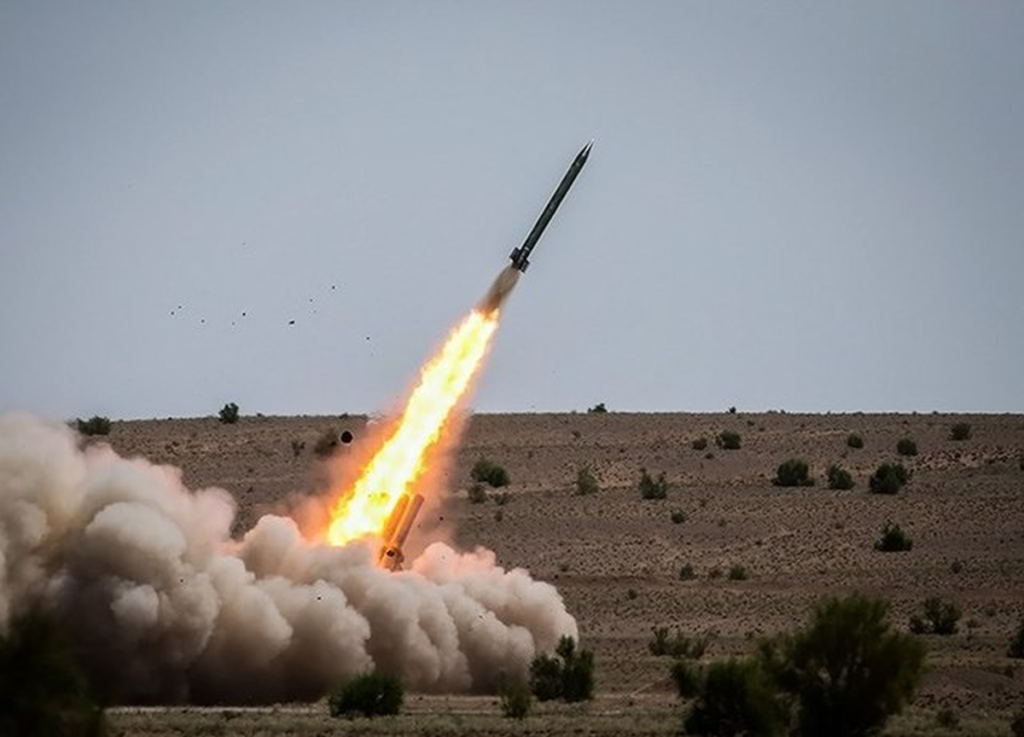“The grenades, bullets, and explosives we load onto the missiles have an unfortunate tendency to detonate on impact.”
Khan Yunis, November 2 – Israeli ground forces completed their encirclement of Gaza City in the northern section of the Gaza Strip today, cutting off the above-ground arteries through which Palestinian terrorists can resupply their units in the encircled area – and prompting the terrorist commanders to try to send munitions to the besieged units by attaching them to rockets and launching those into Gaza City, but so far the resupply operation has not resulted in any successful deliveries. It has, however, struck at least a dozen Palestinian homes and killed upwards of thirty noncombatants, which will be blamed on Israel, so the operation is not a complete failure.
Hamas set about today trying to emulate the Berlin Airlift of 1948-49 and successful Allied airborne efforts to break the German siege of Bastogne in January 1945. Those massive operations kept surrounded soldiers and citizens supplied until contact could be reestablished. Hamas, lacking any airborne equipment except missiles and some light drones, has begun its own “airlift” using those munitions, which have so far not proved up to the task of keeping the delivery items intact.
“There are definitely some initial glitches we haven’t worked out yet,” acknowledged a field commander. “Our primary equipment for the resupply has to be short-range rockets that we would aim at, for example [the town of] Sderot [just over the border inside Israel]. Our other missiles would overshoot the target zone and hit Ashkelon or points further north. Which is fine, as far as that goes, but that’s not the tactical objective for this operation.”
The commander noted that several design features of the delivery missiles make them an unsuitable choice for the mission. “For one thing, the missiles tend to blow up when they land,” he began. “That an put a damper on leaving any of the cargo usable. The grenades, bullets, and explosives we load onto the missiles have an unfortunate tendency to detonate on impact.”
“We’ve tried drones, but don’t have that many, and they get shot down,” he continued. “Also, our drone operation training involves trying to destroy things with the drone itself, or what the drone carries, which is… not the same operational art as what we need here. We’re going to have to adapt.”
“At least when the missiles do land, even if they don’t succeed in delivering the supplies, they kill and maim a good number of our own, and the western media, for some reason, accepts our accusations that Israel did it,” he added. “So that’s some consolation.”
Please support our work through Patreon.
Buy In The Biblical Sense: https://www.amazon.com/dp/B0B92QYWSL





